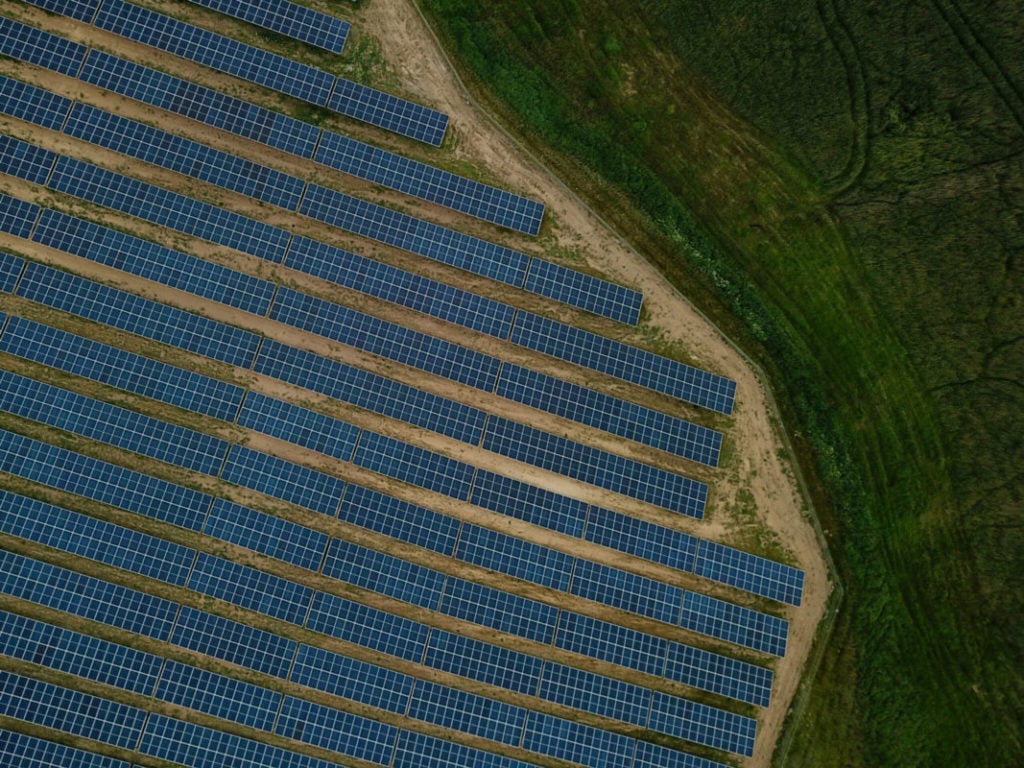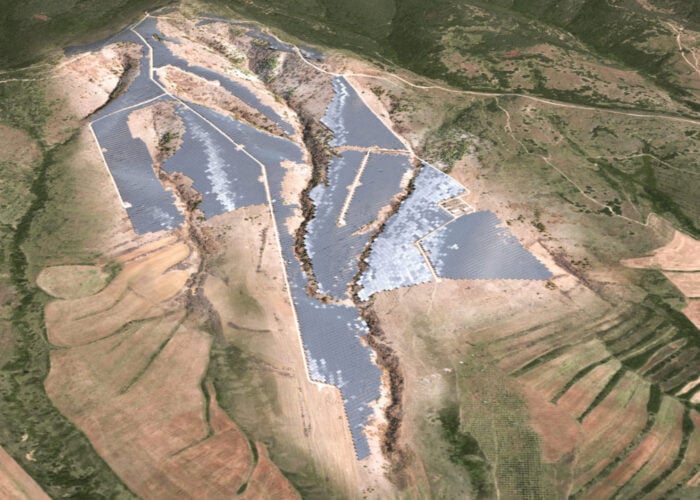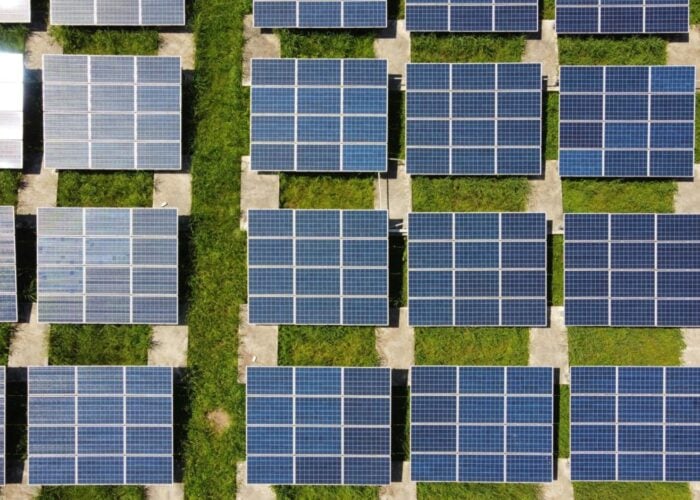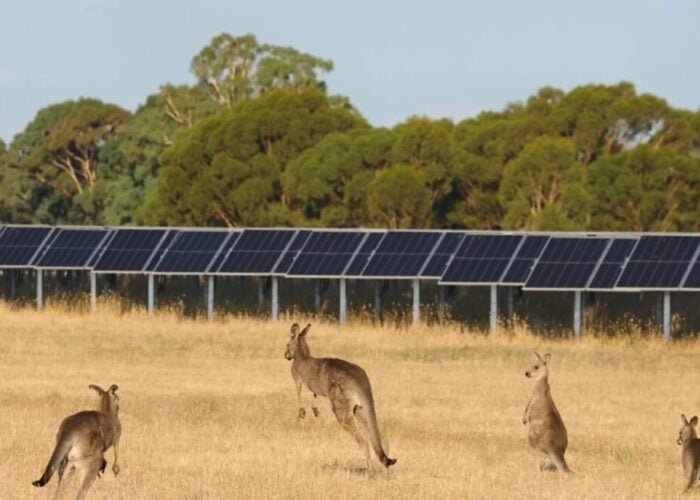
Danish renewables firm European Energy has secured €68 million (US$73.4 million) in financing for a 148MWp solar PV plant in Latvia.
Developed by its subsidiary, Stelo Orienta SIA, European Energy expects to begin construction in 2025. The solar farm is expected to be connected to the grid during the first quarter of 2026 before starting commercial operations in the first half of 2026.
Unlock unlimited access for 12 whole months of distinctive global analysis
Photovoltaics International is now included.
- Regular insight and analysis of the industry’s biggest developments
- In-depth interviews with the industry’s leading figures
- Unlimited digital access to the PV Tech Power journal catalogue
- Unlimited digital access to the Photovoltaics International journal catalogue
- Access to more than 1,000 technical papers
- Discounts on Solar Media’s portfolio of events, in-person and virtual
This will be the company’s largest solar PV plant in the country and one of the largest in Latvia. The project will expand the size of the Brocēni plant, which European Energy announced in 2023, a 115MW solar PV farm located in the western part of the country. The company expected, at the time of the announcement, to connect the project to the grid in 2025.
The company received financing from financial institution the Nordic Investment Bank (NIB) – which is owned by eight northern European members, including Latvia – Baltic bank Luminor and German commercial bank NORD/LB Norddeutsche Landesbank. The loan from NIB, which amounts to €28 million, is supported by the EU under NIB’s InvestEU Framework Operation on Clean Energy Transition.
The InvestEU programme provides EU member states long-term funding to support some of the EU’s policy priorities, which includes the European Green Deal and the digital transition.
“The desynchronisation from the Russian and Belarusian power grids will heighten the need for reliable domestic energy generation in the Baltics,” said André Küüsvek, NIB president and CEO. “Creating new renewable capacities will help the Baltic states towards energy independence.”
According to the NIB, the financing of the project will allow for the growth of solar PV in Latvia, the capacity of which currently sits at 600MW, and reduce the country’s reliance on fossil fuels.







